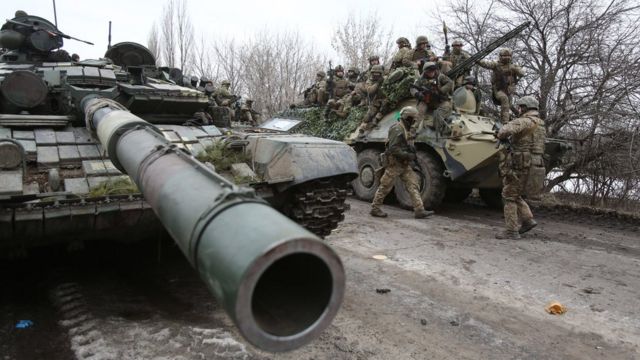Impacts of the war, high interest rates and inflation on the insurance sector
The disruption of logistics chains, the rise in inflation and, above all, the increase in cyber risk are some of the factors that are most worrying companies in the sector.
Per Source: CNseg
The duration of the conflict provoked by the Russian invasion of Ukraine, and its repercussions on the global supply chain, will be decisive in assessing its economic consequences”. This is what Marcio Coriolano, president of CNseg (National Confederation of Insurance Companies) thinks about the impact of the war on the global economy and the insurance market. Like any organization, insurers and reinsurers have already turned their eyes to the unfolding of this war in Europe, which has been going on for two months, even if this type of situation is not covered by the policies. The disruption of logistics chains, the rise in inflation and, above all, the increase in cyber risk are some of the factors that are most worrying companies in the sector. “The longer the conflict will increase, the challenges for the conduct of policies to contain inflation and measures that affect the exchange rate and fiscal interest rates in central and emerging countries. In this context, the effects of high global inflation may last longer, given the disruption of supply chains caused by the conflict.
On the other hand, commodity prices favor Brazil. As are the interest rates here. On the demand side of the Brazilian population, high inflation erodes income and high interest rates make credit more expensive. Managing all this will make all the difference”, says Coriolano. Lloyd’s of London pointed out that it is receiving many claims stemming from the Russian invasion. According to Lloyd’s, European and North American insurers have already raised their premiums due to the rising cost of cyber insurance coverage and the prevalence of ransomware attacks. “The impact of escalating conflict can increase the risk of systemic cyberattacks and cause substantial economic and insurance losses.
The perception of greater risk can lead to higher prices for cyber insurance in an already pressured market”, warns the risk rating agency AM Best. Coriolano says that companies in the insurance market must continue to play their part in order not to feel the impact of a possible loss ratio on their portfolios: obtaining good underwriting and risk pricing; to specialize in the fields that have the best competitive advantages; make products more flexible; take advantage of the technology embedded in the organization; expand synergy between distribution channels; and have a frank and assertive communication with consumers. “It is increasingly necessary to have the courage to explain to everyone that insurance is not a ‘bottomless bag’. In addition, it is necessary to clarify the roles of the Government and the private sector in catastrophic events”. According to the president of CNseg, the recent Provisional Measure 1,103/2022, which deals with securitization, may provide a good answer to the dilution of risks in the insurance market. “We see this modernization with optimistic eyes, with the adaptations that we are already studying. Reinsurance also has to show its face in this unprecedented scenario”. He points out that higher basic interest rates and sharp inflation could harm the sector, if they persist, although the insurance market is better prepared for these conjunctural shocks. “Internal factors may have more effects on the industry’s bottom line.”
Share

